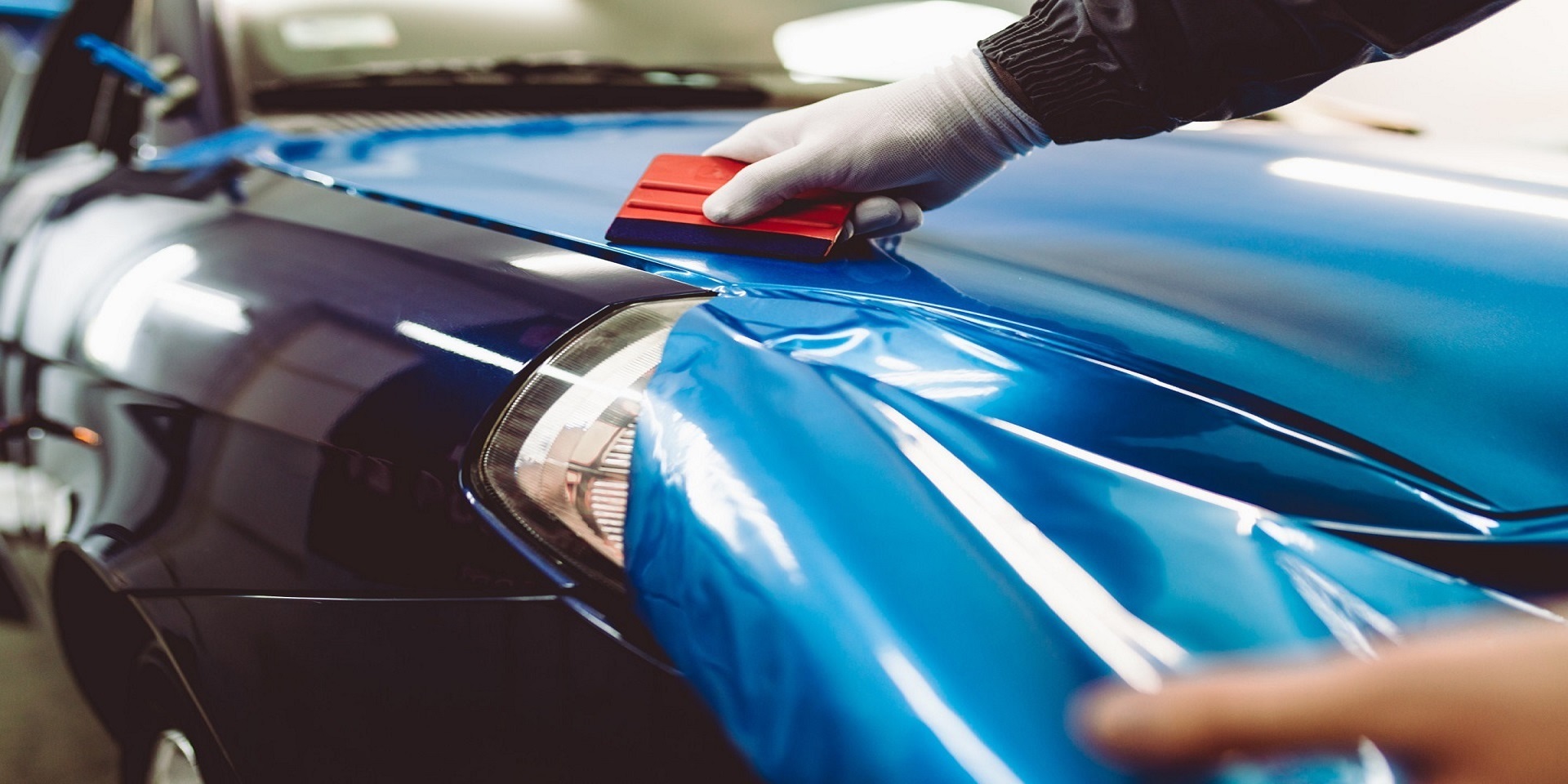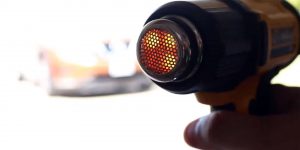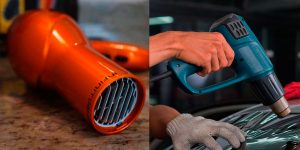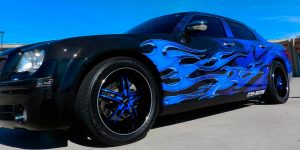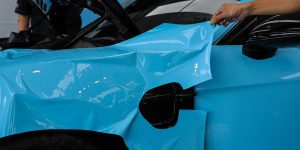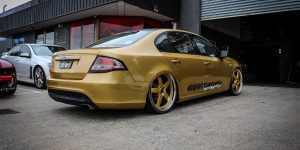If you are going to buy a vinyl wrap, of course you will pay attention to its quality and thickness. Nowadays people try to manufacture wraps up to 300 microns thick. However, the thickest vinyl wrap, which is available in many colors for everyone on average, is 93 microns thick. This thickness makes it possible to restuck wrap many times and gives a long lasting guarantee.
When you apply this gloss vinyl to your surface, its thickness is just 0,086 inch. It means that it sticks out 1/16 inch from the surface of your car or other object that looks really fascinating.
What is the thickness of the vinyl wrap?
Generally vinyl wraps have different thickness and they are usually from 20 to 100 (now even up to 200 and 300 microns) thick.
Nowadays, according to its thickness, there are such types of vinyl wrap, such as:
- thin
- standart
- thick
- extra thick
Let’s begin with the first one – a thin wrap. This type is between 20 and 50 microns thick. If we speak about 50 microns thick, it is considered as the “standard” in the vinyl wrap world.
Nowadays, most companies manufacture vinyl wrap of this thickness – 50 micron and some use 60 micron vinyl.
The next type is thick wrap and its thickness is from 50 to 100 microns. Extra thick vinyl wrap is thicker than 100 microns. Let’s highlight that the standard thickness for vinyl wrap is from 70 to 100 microns.
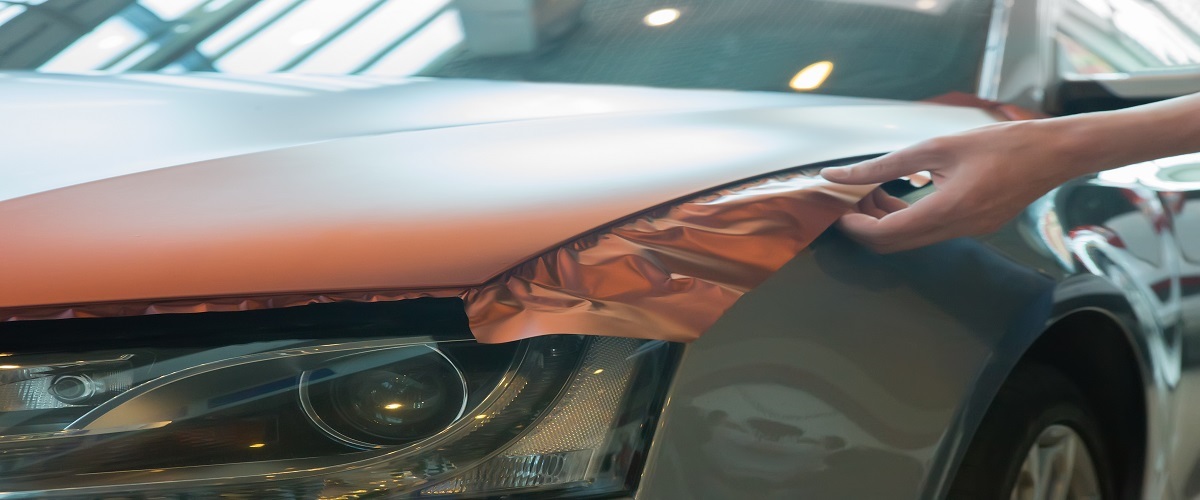
Is a car vinyl wrap strong?
If you want to protect your car better, the good idea is to apply vinyl wrap using a heat gun for wrapping. It is more reliable and strong enough. A vinyl wrap consists of several thin layers that makes it really elastic. The strength of vinyl wrap depends on the type and layer number. So the more layers it has, the stronger it is.
In the case of proper application, vinyl wrap can better withstand strikes of rocks, sand and scratches. Besides, vinyl wrap is less sensitive to heat than normal car’s paints that also protect the car against severe weather conditions, including precipitation. Besides, as we speak about color vinyl wrap, it can protect the vehicle against ultraviolet light, which affects the car.

